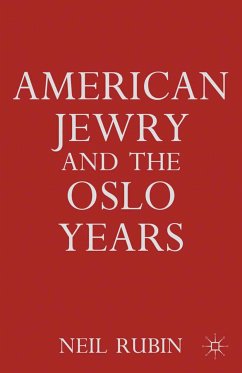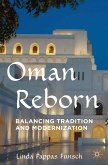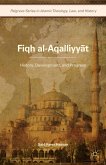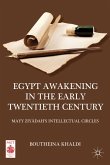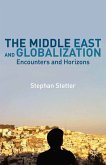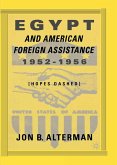Dieser Download kann aus rechtlichen Gründen nur mit Rechnungsadresse in A, B, BG, CY, CZ, D, DK, EW, E, FIN, F, GR, HR, H, IRL, I, LT, L, LR, M, NL, PL, P, R, S, SLO, SK ausgeliefert werden.
Adam Gregerman, Scholar-in-Residence, Institute for Christian & Jewish Studies
"Neil Rubin presents a comprehensive view of the dynamics of the US Jewish community in the 1990s, a view which is not found anywhere else in the existing literature. He raises issues that continue to be of great importance to the American Jewish community. A timely book, indeed."
Robert O. Freedman, Johns Hopkins University
"If one seeks to better understand the role American Jews play in the formulation of US foreign policy toward the Middle East, then Neil Rubin's book is a must-read."
Arthur C. Abramson, PhD, executive director, Baltimore Jewish Council

